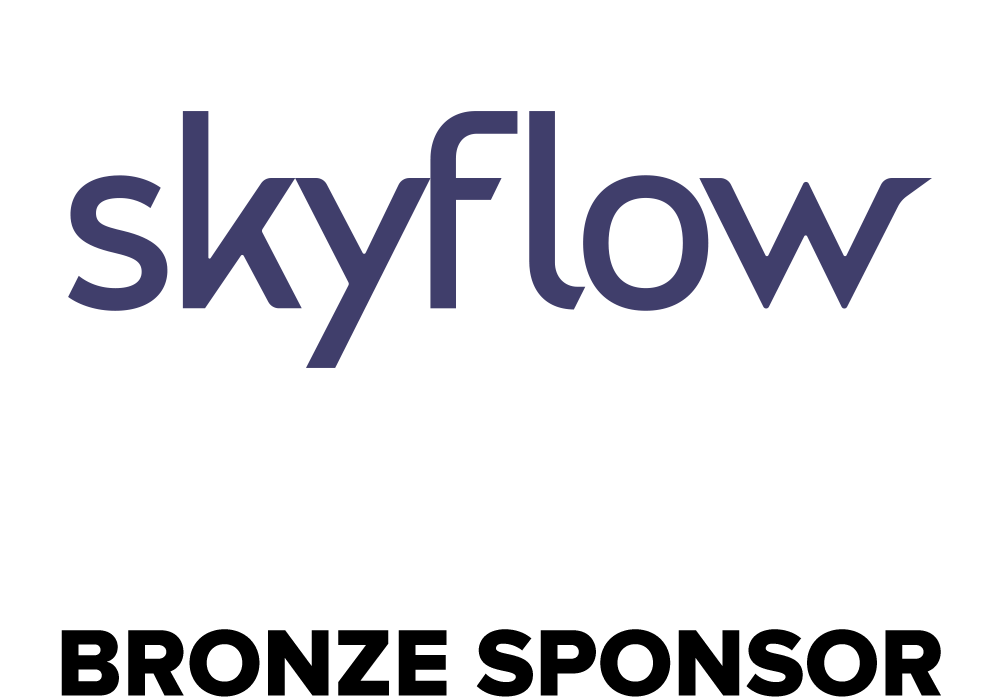Sheila Colclasure
Global Chief Digital Responsibility & Public Policy Officer, Kinesso
Session 7: Panel Discussion
As Global Chief Digital Responsibility and Public Policy Officer, Sheila leads the global data policy and digital responsibility strategies for Kinesso, ensuring that data and digital technology are used ethically and accountably across the enterprise and with IPG clients. This means ensuring data and tech are used in ways that serve people. She helps ensure practices operating at the leading edge of digital technology are consistent with principles of responsible, respectful, proportionate and fair data use. Sheila is responsible for public policy engagement with regulators, policy groups, clients and other key stakeholders globally, advocating for ethical advertising and marketing practices, in ways that earn trust. She is an advisor on the development and deployment of Kinesso’s data-driven and digital solutions and services. She is a trusted thought partner, advisor, and reputational champion for IPG companies.
Ms. Colclasure is a recognized global thought leader on applied data ethics, accountable data governance and human-centered digital responsibility. Sheila has extensive knowledge of laws and societal expectations governing the collection and use of information, with particular depth in the rapidly evolving data-driven advertising and marketing ecosystem and ethical AI. She is continuously sought out by policy makers, regulators and government agencies for her views on data integrity and how to address the complexity of operationalizing and harmonizing next-generation data governance for the global digital data-driven ecosystem. Sheila is a Presidential Leadership Scholar and was recognized by CSO as one of the “12 amazing women in security” (2017.)
She is a frequent speaker and media interviewee and has advanced data leadership and policy with the marketplace, regulators and lawmakers in many fora, including the U.S. HHS Datapalooza, Attorney General Alliance, Dublin Tech Summit, Global Data Transparency Lab, Information Accountability Foundation (IAF) Digital University for Regulator Series, and Ibero-American Data Protection Network. Sheila has presented key talks at global events for the Consumer Electronics’ Show, Forrester, adExchanger, International Association of Privacy Professionals, Healthcare Information and Management Systems Society, Digital Advertising Alliance, OutSell DataMoney, ShopTalk, Philly Phorum, American Bar Association and the Marketing Sciences Institute.
Sheila serves on the advisory board of the IAF and is corporate liaison to several industry standards-setting groups.
Prior to joining IPG Kinesso, she was the Acxiom Global Chief Data Ethics Officer and Public Policy Executive, Manager of Congressional and Political Affairs for the American Institute of Certified Public Accountants in Washington, D.C., and Staff Assistant in the U.S. Senate. Sheila has a master’s degree in communications, specializing in business and political communication.













